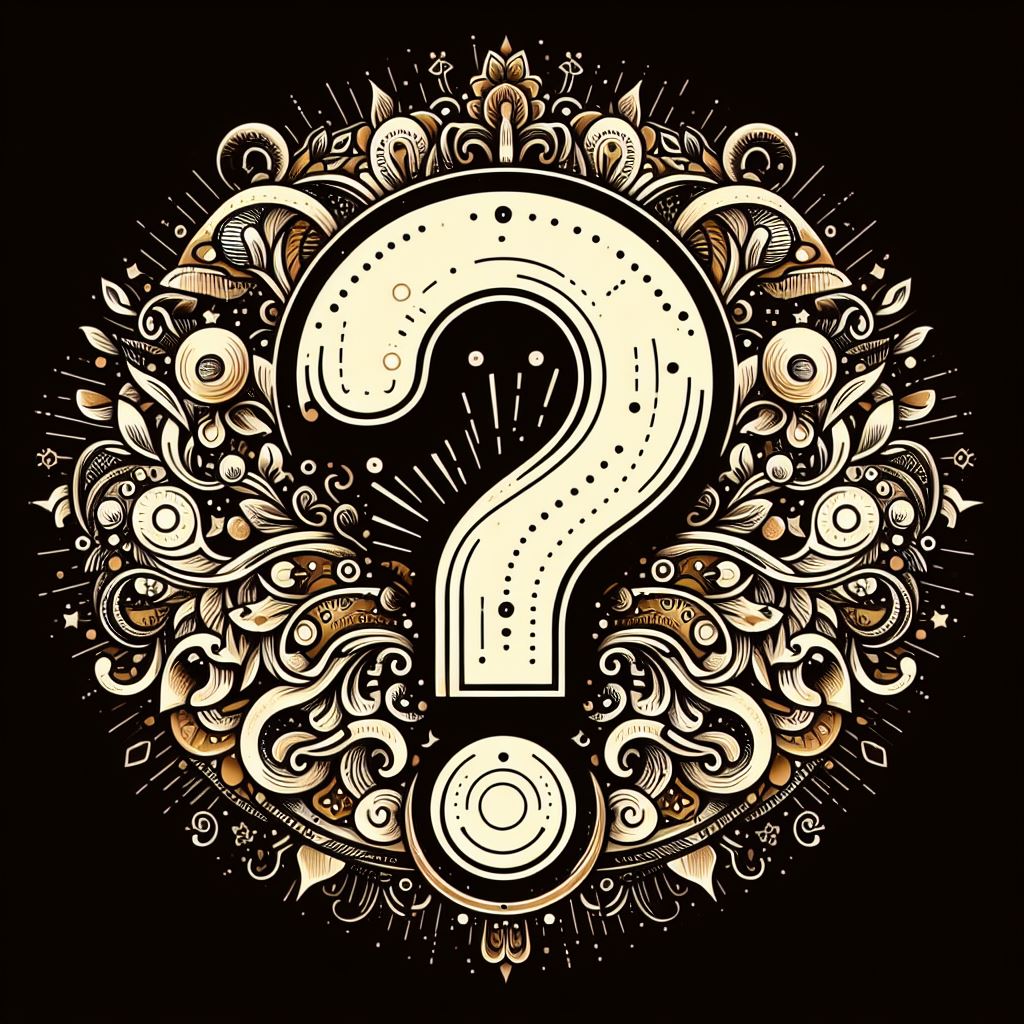Understanding bipolar disorder: symptoms, causes, and treatment

Bipolar disorder is a complex mental health condition characterized by extreme mood swings that include emotional highs (mania or hypomania) and lows (depression).
It affects millions of people worldwide, impacting their daily lives, relationships, and overall well-being. Understanding bipolar disorder is crucial for both those diagnosed and their loved ones to navigate its challenges effectively.
Symptoms
The symptoms of bipolar disorder vary widely and can be categorized into manic, depressive, and mixed episodes:
Manic episodes
During manic episodes, individuals may experience:
– Intense euphoria or extreme irritability
– Increased energy and decreased need for sleep
– Racing thoughts and rapid speech
– Impulsivity, leading to risky behaviors like excessive spending or substance abuse
Depressive episodes
In depressive episodes, symptoms may include:
– Persistent sadness or emptiness
– Loss of interest in activities once enjoyed
– Fatigue or decreased energy
– Feelings of worthlessness or guilt
– Thoughts of death or suicide
Mixed episodes
Mixed episodes involve symptoms of both mania and depression simultaneously, leading to heightened agitation and confusion.
Causes
The exact cause of bipolar disorder remains unclear, but it’s believed to result from a combination of genetic, environmental, and neurochemical factors:
Genetics
Research suggests a strong genetic component in bipolar disorder, with a higher risk among individuals who have a family history of the condition.
Neurochemistry
Imbalances in neurotransmitters, such as dopamine, serotonin, and norepinephrine, play a role in the development of bipolar disorder. These chemicals regulate mood and may be disrupted in individuals with the condition.
Environment
Stressful life events, trauma, substance abuse, and major life changes can trigger or exacerbate bipolar symptoms in susceptible individuals.
Treatment
Managing bipolar disorder typically involves a combination of medication, therapy, and lifestyle changes:
Medication
Mood stabilizers, antipsychotics, and antidepressants are commonly prescribed to help stabilize mood swings and manage symptoms. Finding the right medication regimen often requires trial and error under the guidance of a psychiatrist.
Therapy
Psychotherapy, such as cognitive-behavioral therapy (CBT) or interpersonal therapy, can help individuals with bipolar disorder understand their condition, develop coping strategies, and improve relationships.
Lifestyle changes
Maintaining a regular sleep schedule, engaging in regular exercise, avoiding drugs and alcohol, and practicing stress management techniques are essential for managing bipolar symptoms and promoting overall well-being.
Bipolar disorder is a complex mental health condition characterized by extreme mood swings that can significantly impact daily functioning and quality of life. While there is no cure, effective treatment and support can help individuals with bipolar disorder lead fulfilling lives. By understanding the symptoms, causes, and treatment options available, individuals and their loved ones can better navigate the challenges associated with this condition. If you or someone you know is struggling with bipolar disorder, seeking professional help is the first step towards managing symptoms and improving overall mental health.




